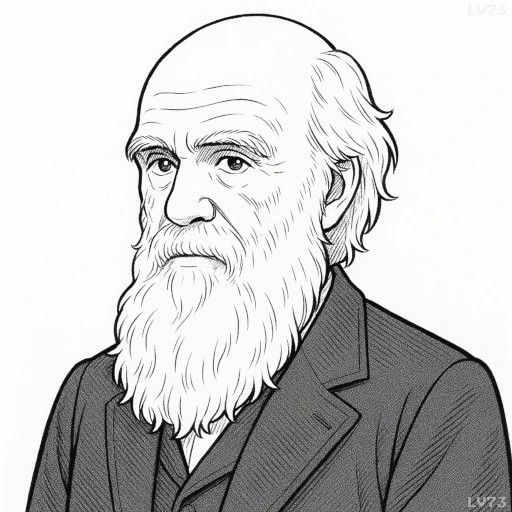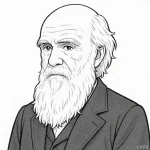“The very essence of instinct is that it’s followed independently of reason.”

- February 12, 1809 – April 19, 1882
- Born in England (UK)
- Naturalist, geologist, biologist
table of contents
Quote
“The very essence of instinct is that it’s followed independently of reason.”
Explanation
In this quote, Charles Darwin defines instinct as behavior that occurs without the involvement of conscious thought or reasoning. Instinctive actions are automatic and are typically driven by biological impulses or survival needs rather than by deliberate, rational decision-making. Darwin’s insight into instinct reveals how certain behaviors, like migration or mating rituals in animals, are pre-programmed and occur without the need for reasoning or learning. These behaviors are often hardwired into an organism’s biology, passed down through generations because they have contributed to the survival of the species.
Historically, Darwin’s understanding of instinct was a critical component of his broader theory of evolution. He recognized that, like physical traits, instinctual behaviors could evolve over time through the process of natural selection. For example, Darwin’s studies of various species, including birds and insects, showed how instinctive behaviors, such as nest-building or hunting, were essential for the survival of organisms. These behaviors, often seen as unlearned and unconscious, could be shaped by evolutionary pressures that favored individuals who exhibited behaviors that ensured their survival and reproduction. Darwin’s exploration of instinct helped bridge the gap between nature and nurture, showing that not all behaviors are learned but are instead innate.
In modern times, Darwin’s perspective on instinct continues to influence fields like ethology, the study of animal behavior. Instinct is seen as a genetically encoded behavior that can be observed in animals across species. For example, certain birds instinctively build nests or certain animals display migratory behaviors, without any teaching or rational decision-making involved. In humans, while many behaviors are learned through experience, evolutionary psychology suggests that some instinctual behaviors, such as the fight or flight response, are deeply embedded in our genetic makeup, helping to ensure survival in dangerous situations. Darwin’s understanding of instinct continues to shape our exploration of both animal behavior and human psychology, helping us better understand how our evolutionary past influences our actions.
Would you like to share your impressions or related stories about this quote in the comments section?
